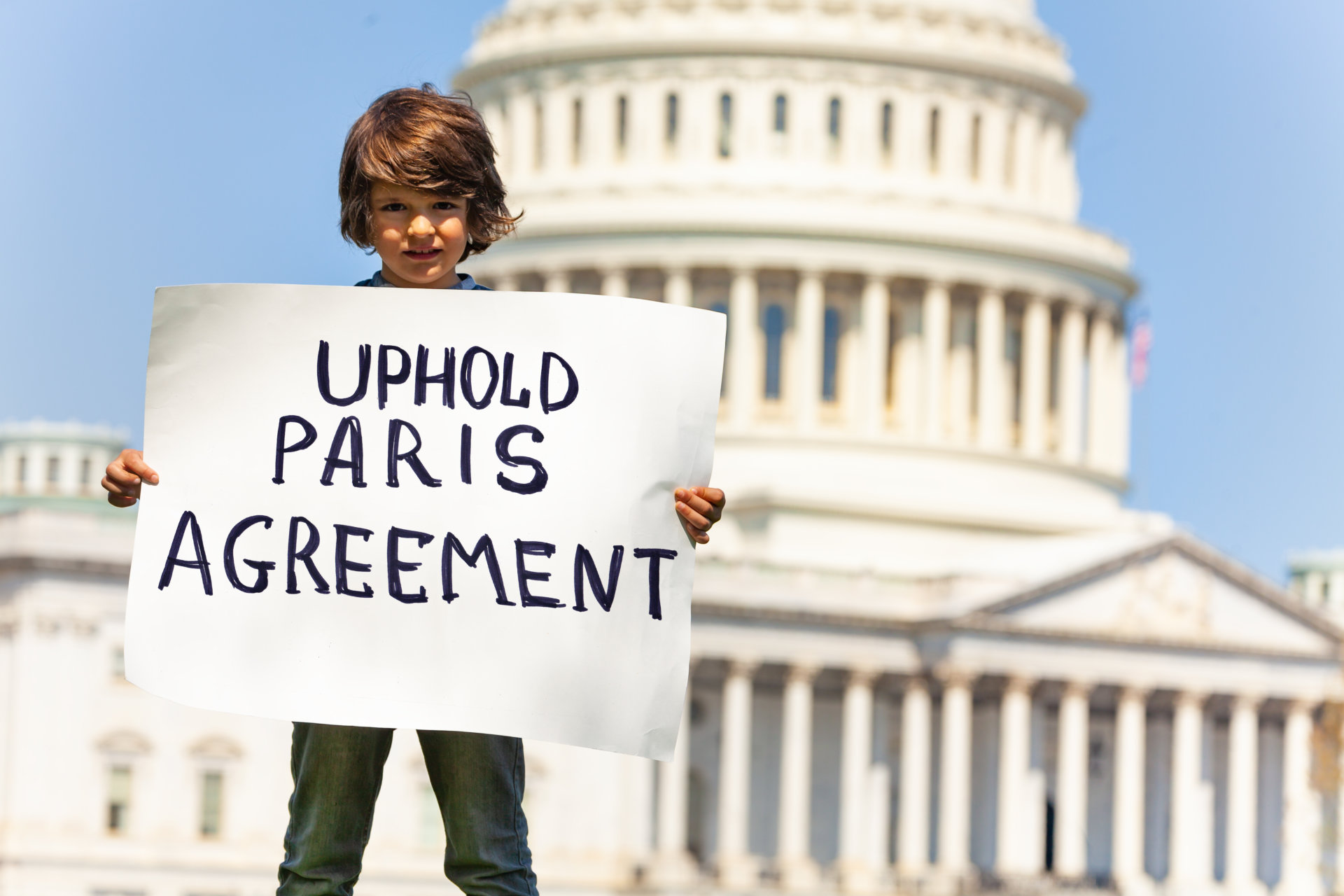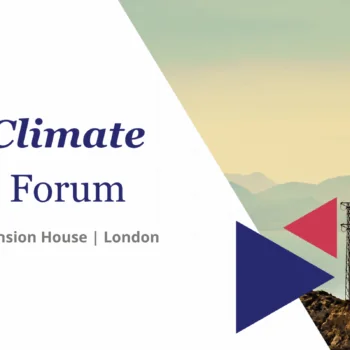From COVID-19 to climate change, the world is facing crises of unprecedented scale demanding a common approach. Yet autocracy, disinformation and a backlash against globalisation are straining the liberal international order.
As much as the next US President might want to shape the future of global cooperation – for better or worse – there are dynamics far outside Trump’s or Biden’s control already working to define multilateral approaches to the shared challenges of our time.
The global appetite for multilateralism
Global responses to COVID-19 are raising new questions over whether countries believe their safety is secured by working together or isolating themselves. The jury’s still out.
While cooperation is fairing worse than many hope for, progress is not insubstantial. For example, despite President Trump’s reluctance, the COVAX Initiative – backed by powers including China and the EU – sets out a global plan for the equitable distribution of a vaccine.
Despite some international cooperation, a re-elected Trump administration is likely to continue the USA’s isolationist trend. Since the last election, China has sought to fill the US-shaped void as a champion of multilateralism on the world stage.
While this competition is proving beneficial for the plight of global cooperation, tensions remain. The prospects for tensions to spill over into deadlocking institutions are higher under a Trump win. The recent bifurcation of blocs of countries for and against China at a UN human rights debate does not bode well for the future of a body such as the Human Rights Council, to which China has now been elected.
It is easy to imagine how multilateralism can be rendered inert by oppositional paralysis, even if the show must go on. The thing to watch is whether this starts to affect bodies critical for climate action, such as the UNFCCC and the CBD. To move at the pace required to limit dangerous climate change, it’s critical that countries see the value of a multilateral solution.
Moving from mini- to multilateralism
This is a challenge that even Biden would have to grapple with. To achieve his stated foreign policy goals, particularly on issues such as climate change, the most pressing task will be how to revitalise cooperation. A challenge at a time when, instead of multilateralism, world powers are increasingly investing their safety in regional and ‘mini-lateral’ alliances, be it the Indo-Pacific ‘Quad’, reforming the Five Eyes security alliance, or expanded forms of the G7.
If alliances such as these are to have any influence on truly global issues such as environmental degradation, they must ultimately find a way to leverage their power beyond their core members. That requires functional multilateralism, with leaders invested in it as a credible system for ensuring their own countries’ security and prosperity.
Here, climate change cooperation can play a crucial role. Biden’s progressive domestic climate platform can be a basis for US foreign policy.
Climate can become the golden thread woven through multilateralism and its approach to regional alliance building as a means of reconstructing a global approach to shared crises. This could be done for instance, by building pathways to net zero with democratic partners like Japan and South Korea in East Asia.
Reforming and strengthening multilateralism
Regardless of the outcome of the US election, the future of the multilateral system will need to adapt to survive. The reform agenda was clearly on the minds of world leaders at the UN General Assembly this year. Multilateralism may only thrive the next four years if embedded power imbalances are addressed. Rebalancing global governance to give seats at the table to the Global South and vulnerable countries must be a priority for any world leader hoping for a viable form of multilateralism.
The climate crisis means demand for cooperation will only grow, as worsening impacts continue to affect vulnerable countries disproportionately. The climate crisis also re-emphasises the need to mainstream climate resilience across all global processes.
We must create the fiscal space needed for countries to be able to mitigate and adapt to climate change by addressing the urgent matter of debt relief to cash-strapped governments.
It remains too soon to tell whether there’s appetite for deeper reforms that could pioneer an economic paradigm shift to a more resilient world, but that may be the logical conclusion from the COVID-19 pandemic. A re-elected Trump Administration is not going to unlock this appetite, but a continued US withdrawal from multilateralism might just galvanise progressive coalitions around the need for sustainable change.
Under a Biden win, reform won’t be straightforward. Comparisons between a President Biden in the 2020s and President Roosevelt in the 1940s point to an opportunity for climate progressives to push for radical pro-resilience global system change today. This could be similar to how FDR’s Administration ushered in global governance from the World Bank to the UN.
Optimism, however, should be seen in Biden’s domestic context where core priorities on health policy, economic recovery and social justice will inevitably occupy much of the Administration’s capacity. At a time of fiscal constraint and domestic instability, the barriers to creating a new system of global governance are all the more intense.
The long path to climate safety
While the US President is often portrayed as the all-powerful leader of the Free World, the reality is the office is as constrained by geopolitical trends as any other.
No matter who wins in November, they will not have an easy ride on the world stage over the next four years. That means the rest of the world can’t rely on the US to solve global crises singlehandedly.
In short, it’s going to take more than just the next US President, namely true global cooperation, to set the path to climate safety for all.
Photo by Serygey Novikov on Adobe.


